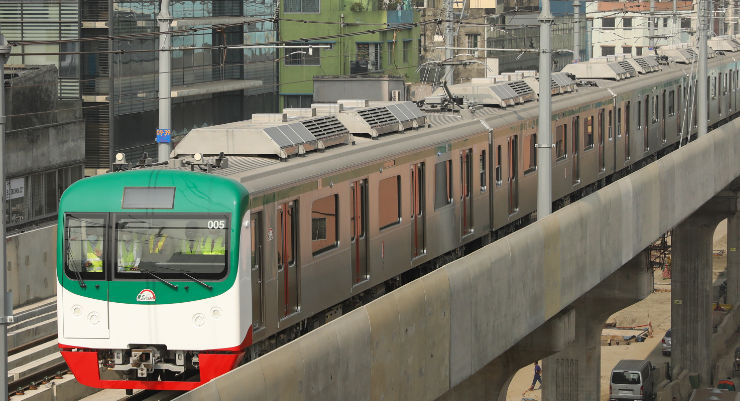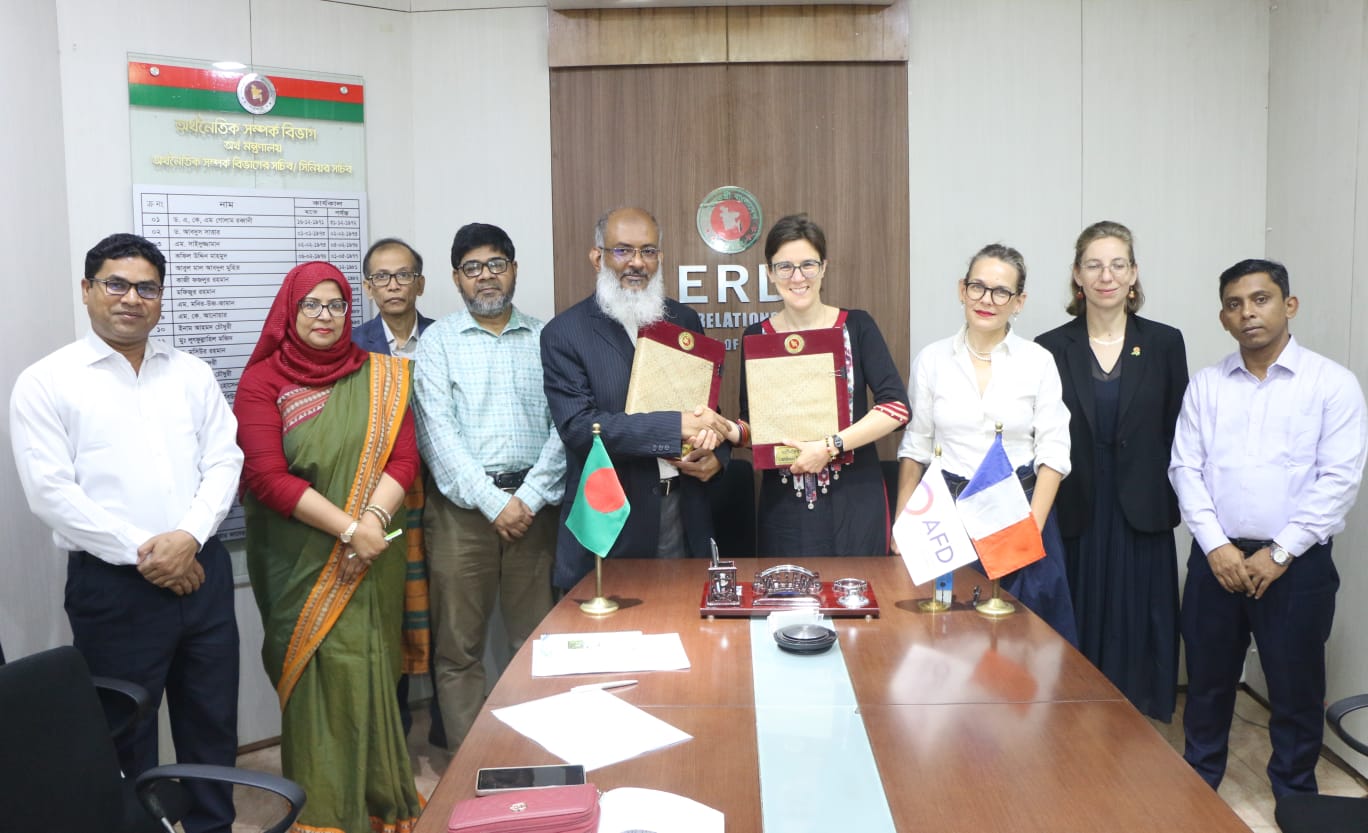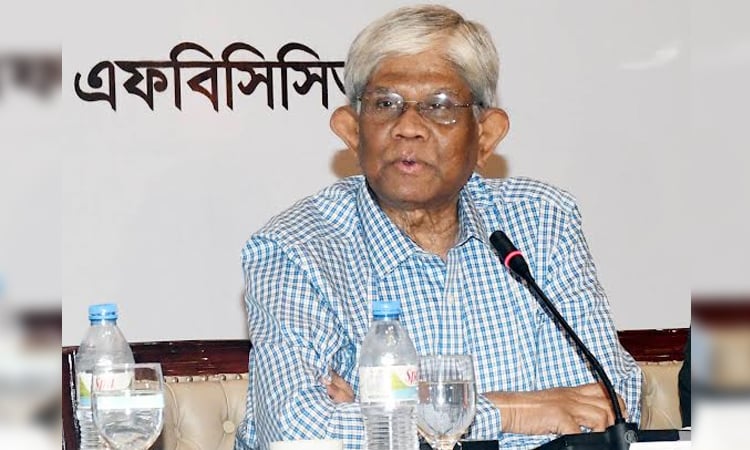
Bangladesh’s interim government, led by Nobel Laureate Professor Muhammad Yunus, has implemented a “go slow” policy on disbursing funds for development projects, resulting in the lowest implementation rate of the Annual Development Programme (ADP) in over a decade. By November 2024, only 12.29% of the ADP had been executed, compared to 17.1% in the same period of the previous fiscal year. The ADP execution rate for the 2023-24 fiscal year was just 81%, marking the lowest in four years. The previous fiscal year had seen a higher rate of 85.2%.
The slowdown follows the fall of the Awami League government on August 5, following a student-led uprising, and the subsequent swearing-in of the interim government on August 8. According to the Implementation Monitoring and Evaluation Division (IMED), ADP spending during the July-November period of the 2024-25 fiscal year was Tk34,214.55 crore, down from Tk46,857.38 crore in the equivalent period of the previous year. IMED officials attributed the slowdown to delays in reviewing ongoing and newly proposed projects and increasing delays in the release of funds. Additionally, many contractors abandoned projects after the transition in power.
Planning Adviser Dr. Wahiduddin Mahmud acknowledged the slow ADP execution but stated that a revised budget for the 2024-25 fiscal year would be announced by February. He emphasized that the revised ADP would focus on completing key projects, creating jobs, and boosting economic activity, particularly in rural areas. Without these measures, he warned that the country might face an economic recession.
The interim government has also canceled several projects initiated under the Awami League administration, citing inefficiencies, lack of feasibility, and mismanagement. Among the prominent canceled projects are rural connectivity programs, urban modernization schemes, and energy and transport infrastructure projects. The Planning Ministry explained that many of these projects were approved without proper evaluation, leading to wasteful expenditure and suboptimal outcomes.
The cancellations of several development projects were driven by three key factors. First, budgetary constraints resulting from the global economic downturn, rising inflation, and increasing national debt have put significant pressure on the government’s finances. As a result, resources had to be reallocated to more urgent sectors such as food security and climate adaptation. Second, inefficiencies and alleged irregularities in the execution of many projects, including delays, inflated budgets, and a lack of transparency, hampered their successful implementation. Lastly, the realignment of national priorities led the interim government to focus on initiatives that directly contribute to economic recovery and sustainable development, areas where many of the canceled projects were seen as insufficiently impactful.
Development experts have warned that the combination of canceled projects and slow ADP implementation could negatively affect Bangladesh’s progress toward achieving its Sustainable Development Goals (SDGs), especially in poverty alleviation, education, healthcare, and infrastructure development.










